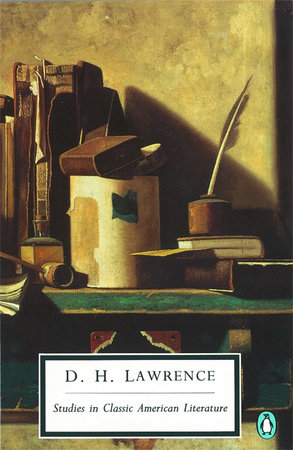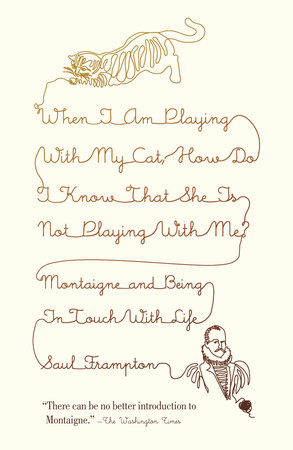

When I Am Playing with My Cat, How Do I Know That She Is Not Playing with Me?
By Saul Frampton
By Saul Frampton
By Saul Frampton
By Saul Frampton
Category: Philosophy | World History | Biography & Memoir
Category: Philosophy | World History | Biography & Memoir

-
$17.00
Apr 17, 2012 | ISBN 9780307278654
-
Mar 15, 2011 | ISBN 9780307379597
YOU MAY ALSO LIKE
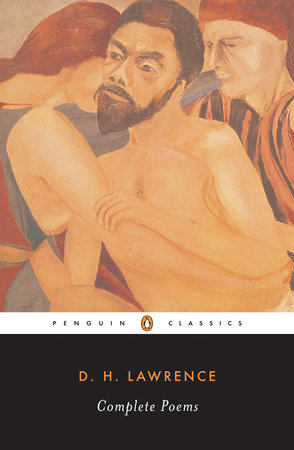
Complete Poems
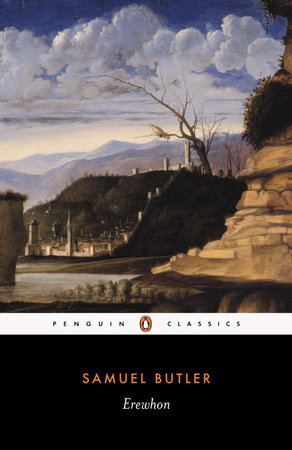
Erewhon
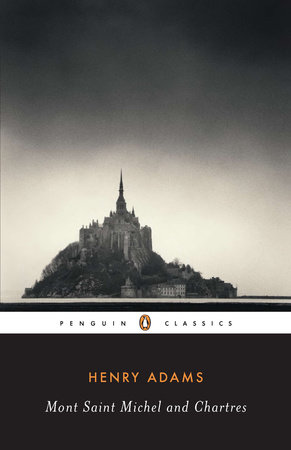
Mont-Saint-Michel and Chartres
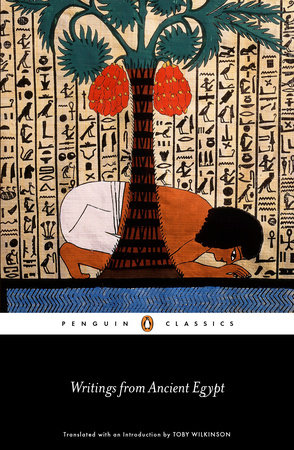
Writings from Ancient Egypt
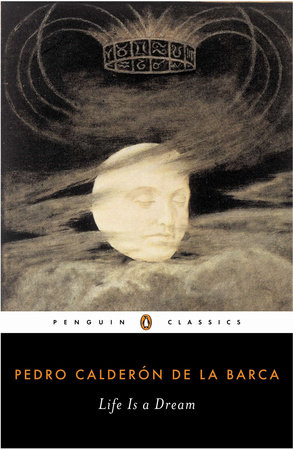
Life Is a Dream
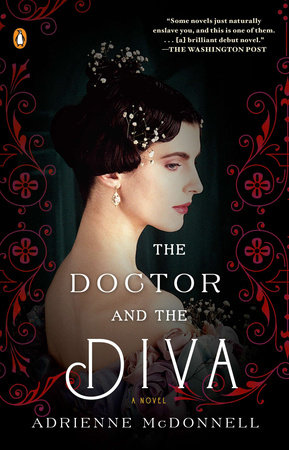
The Doctor and the Diva
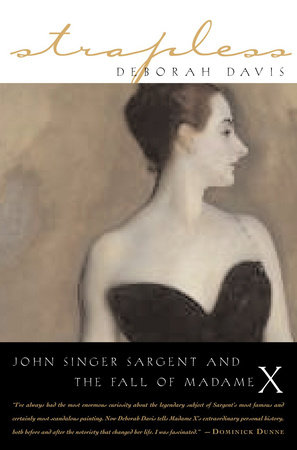
Strapless
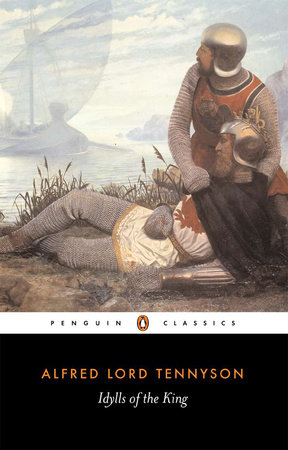
Idylls of the King
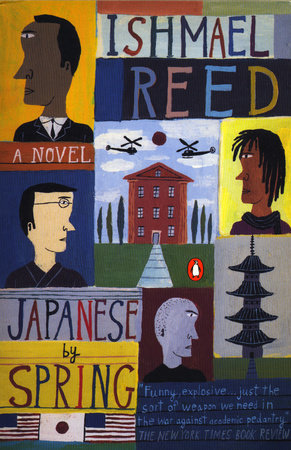
Japanese by Spring
Praise
“Excellent. . . . Frampton excels is in his sharply intelligent and sharply phrased insights. . . . An elegant work.”
—The Washington Post
“Winning. . . . Perceptive. . . . Frampton tells the story of how history, culture, and personal genius conspired to create a new literary genre—and a literary master for the ages.”
—The Christian Science Monitor
“An inventive exploration. . . . [This book] attests to the enduring fascination of Montaigne’s pieces: The sensibility behind them is at once centuries old and curiously modern.”
—Slate
“There can be no better introduction to Montaigne.”
—The Washington Times
“Although they were first published more than four centuries ago, Montaigne’s essays can seem as topical as the morning newspaper. As more than one admirer has discovered, Montaigne’s essential gift—the art of conversation rendered on the page—is a timeless one.”
—The Christian Science Monitor
“Montaigne’s essays delight in human sensuality, uniqueness, even unpredictability. Though [his] early essays were about war, the later essays are playful, uninhibited, and in parts painfully intimate (sexual dysfunction; the passing of kidney stones, etc.). Frampton, in his lighthearted book, explores the shift in Montaigne’s thinking. . . . [He] shows how Montaigne’s later essays are full of fascination and observation and how he approaches practical issues—his health, his political obligations, his role as a winemaker—with an enviable equanimity.”
—Los Angeles Times
“Frampton offers a celebration of perhaps the most enjoyable and yet profound of all Renaissance writers, whose essays went on to have a huge impact on figures as diverse as Shakespeare, Emerson and Orson Welles, and whose thoughts, even today, offer a guide and unprecedented insight into the simple matter of being alive.”
—The Washington Times
“Scholarly, but not pedantic, this is a book to be savored over time. As with Montaigne’s essays, it is one which can be opened and read at any point without interrupting its flow. . . . Frampton’s extensive knowledge of literary history is evident.”
—The Post and Courier
“With deceptive casualness, Frampton renders a rigorous history of ideas in this engaging account of the life and the work of Michel de Montaigne. . . . His extraordinary achievement is in conveying—and inviting the reader to commune with—Montaigne’s unique sensibility and his take on death, sex, travel, friendship, kidney stones, the human thumb, and above all, ‘the power of the ordinary and the unremarkable, the value of the here-and-now.’ . . . This scholarly romp through the Renaissance is a jewel.”
—Publishers Weekly (starred review)
“The skeptical and humane French nobleman has always had his admirers, and Frampton’s learned, subtle, and engaging book shows why.”
—Maclean’s
“Ingenious. . . . Passionately written and full to bursting with digressions and anecdotes, Frampton’s book does an excellent job of bringing Montaigne and his historical context to life. It is this vivid evocation of the time that emerges as the book’s greatest strength. We see how the philosopher’s celebration of daily life . . . went against not only the dominant philosophical currents of the day but also the violent upheavals of 16th-century France. What comes through the strongest is an inspiring sense of the philosopher’s remarkable independence of thought and enduring relevance.”
—The Sunday Times (London)
“In Montaigne’s intense self-absorption, Frampton discerns the rich literary fruit of a stunning midlife volte-face. . . . Recognizing the twenty-first century’s own need for advocates of life-affirming tolerance, readers will embrace this insightful portrait.”
—Booklist (starred review)
“One of the best books I have read on Montaigne. . . . Frampton argues that to read Montaigne is ‘to touch base with oneself’ and to learn how to act within our capacities, to accept and even to savour them. . . . He demonstrates that the more Montaigne observed ordinary life, the more remarkable he found it, and the more he felt impelled to plunge back into its mess. . . . Four centuries on, Montaigne still speaks to us.”
—Nicholas Shakespeare, The Daily Telegraph (London)
“Frampton’s book stands as a work in its own right and should encourage anyone unfamiliar with Montaigne to read the original.”
—The Oxford Times
“When I Am Playing With My Cat sends us back to the Essays with both a deepened understanding and a deepened appreciation of the work of this real-life man for all seasons.”
—The Washington Independent Review of Books
21 Books You’ve Been Meaning to Read
Just for joining you’ll get personalized recommendations on your dashboard daily and features only for members.
Find Out More Join Now Sign In









